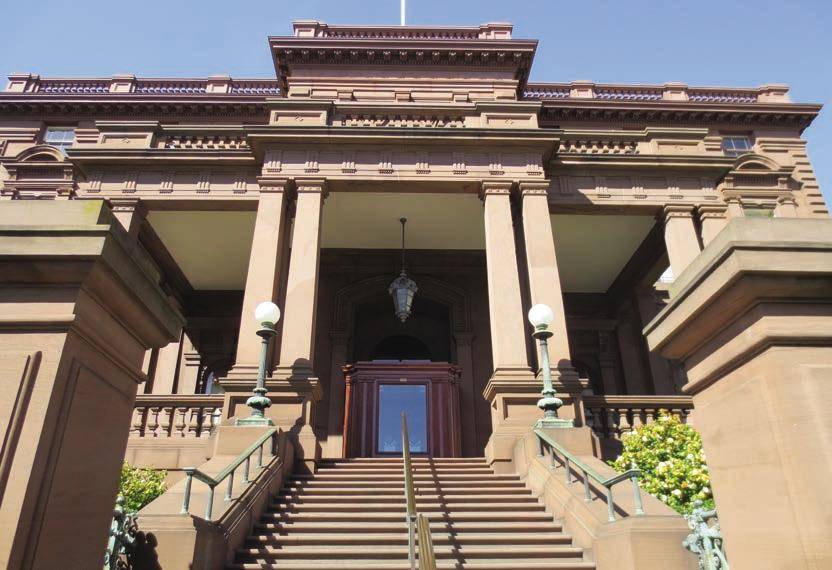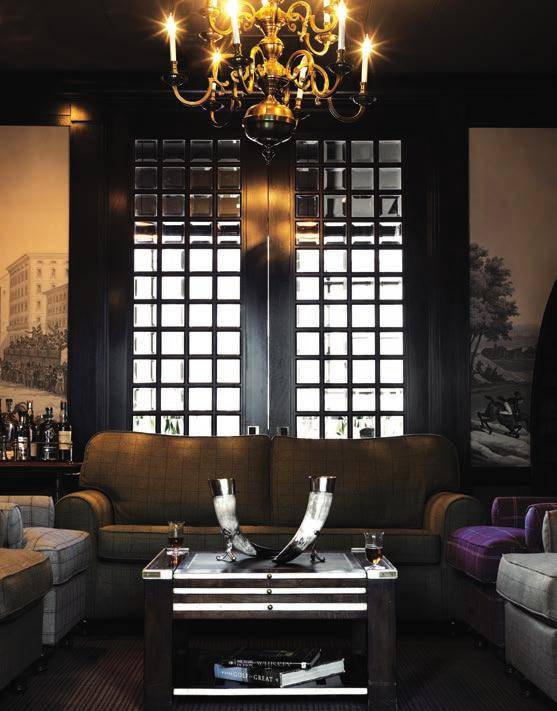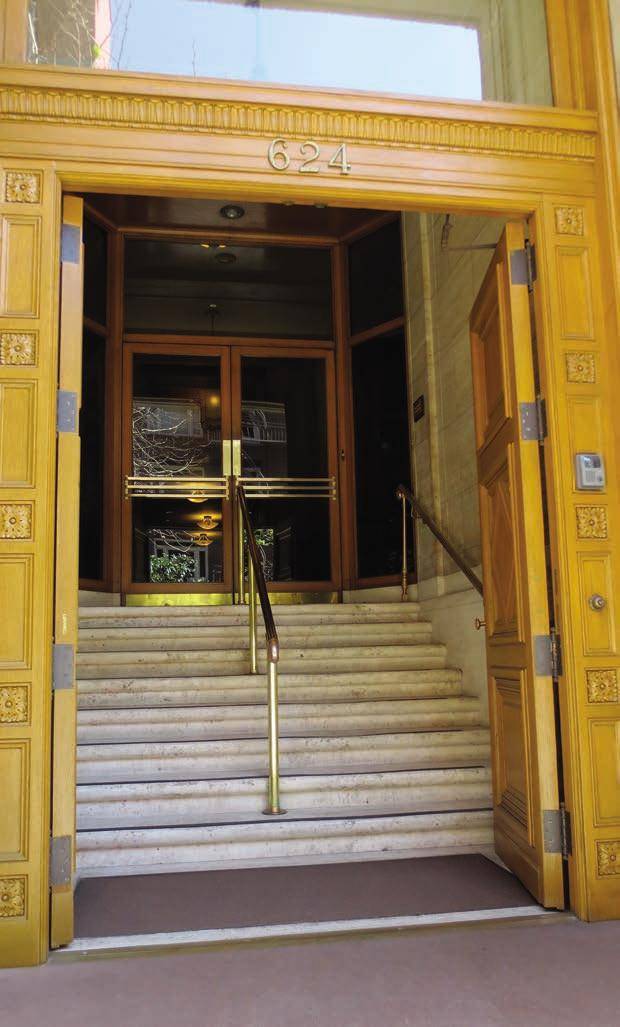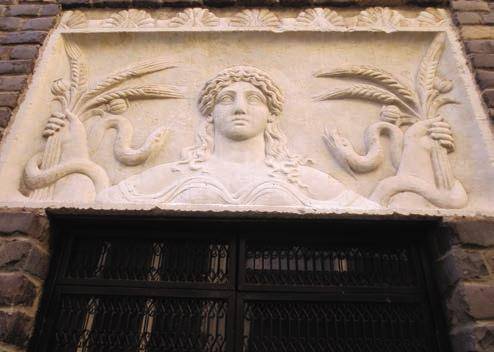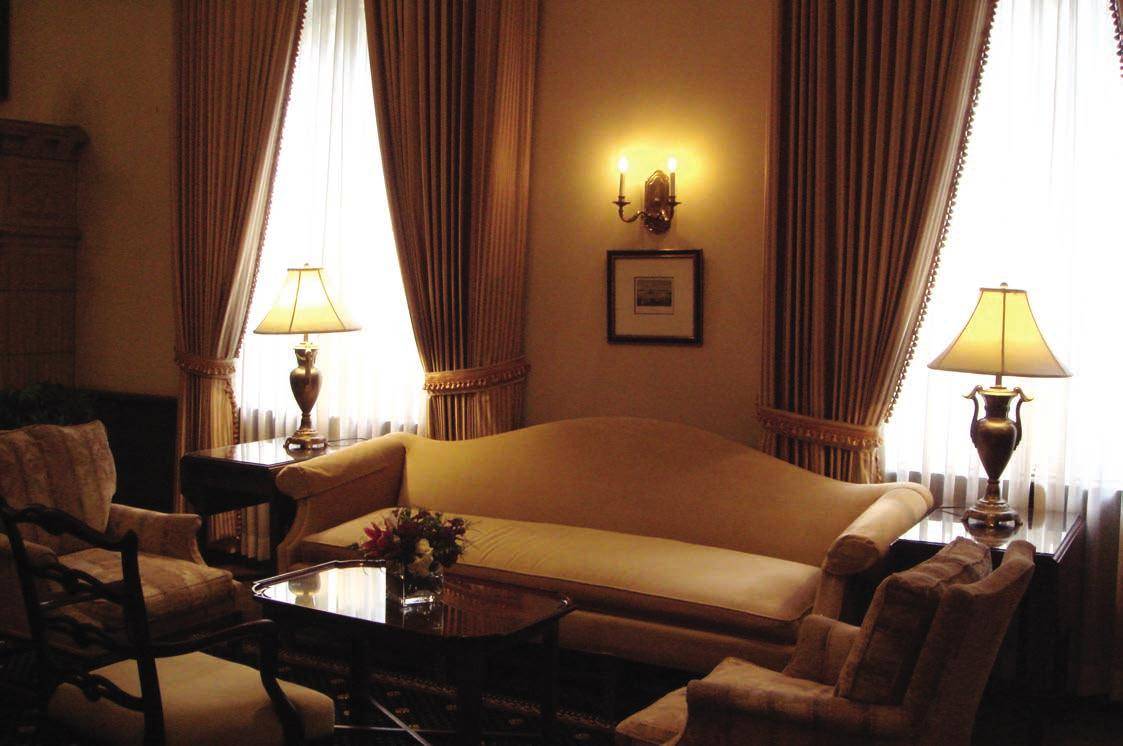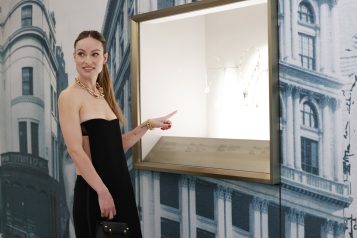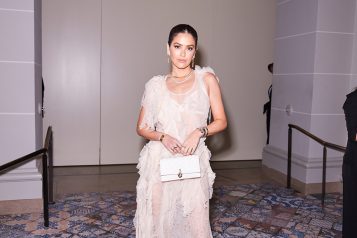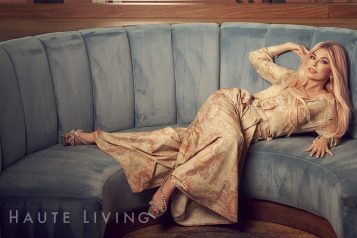While San Francisco’s old guard, old money and old boys’ social clubs are still alive and well, the city is making way for new approaches to private membership.
Members-only social clubs have long been a symbol of power, prestige, and privilege. Since the 1800s, San Francisco has housed tightly knit men’s clubs where access is so restricted that, even today, one can only imagine a picture of aristocrats and male tycoons mingling.
While San Francisco’s old guard, old money and old boys’ social clubs are still alive and well, the city is making way for new approaches to private membership.
Whether it’s a play for new business, or simply a fresh way of thinking – private membership is slowly becoming more inclusive.
Wingtip
550 Montgomery Street, San Francisco, CA 94111
The 21st Century interpretation of a classic social club, Wingtip is the latest and most contemporary of the city’s private clubs. Open to both men and women, this hip and handsome space hosts a wide variety of members and guest. Here, bespoke meets retail shop meets private social club. Housed in the Financial District’s former Bank of Italy, marble walls and high ceilings exude an air of history. Wingtip began as a retail concept, and now members enjoy perks that include a fine assortment of retail merchandise, custom tailor services and a sprawling pocketsquare library, just to name a few. Though some areas have yet to be completed, this new space has already attracted approximately 500 members, and looks to grow to upwards of 2000.
It has been rumored that the Pacific Union Club has a wait list of up to 20 years.
Pacific Union Club
1000 California Street San Francisco, CA 94108
The124-year-old Pacific Union Club is perhaps the most exclusive of all Bay Area social clubs. Housed in a stunning mansion atop Nob Hill, this male-only establishment’s prohibitions have been characterized, right or wrong, as “no women, no Democrats, no reporters.” Among those who have passed the club’s demanding membership requirements are Charles Schwab, Walter Haas, and David Packard. Although the club’s bylaws strictly prohibit members from releasing information to the media, it has been rumored that the Pacific Union Club has a wait list of up to 20 years.
Bohemian Club
624 Taylor Street, San Francisco, CA 94102
If a secret society exists in San Francisco, it is inside the Bohemian Club. Formed in 1872 as a gathering place for newspaper reporters and men of literature and arts, the old boys’ network continues to this day. An elite group of tycoons, corporate CEOs and government officials have seen the inside of this club, including former president Richard Nixon and William Randolph Hearst. Still, the club’s bylaws require that at least ten percent of the membership be artists of all types (composers, musicians, actors, lighting artists, painters, authors, etc.). That said, those members are admitted only after passing a stringent audition demonstrating their talent.
Villa Taverna
27 Hotaling Street San Francisco, CA 94111
Villa Taverna, the private club founded in 1960 for Italian Americans to celebrate culture and cuisine, is housed in a quiet alley in the North Beach District of San Francisco. Unlike the Bohemian Club and Pacific Union clubs, Villa Taverna does grant membership to women as well as men – but very selectively. High society, politicians, and movers and shakers of San Francisco are part of the Villa Taverna mix. Senator Dianne Feinstein, Gordon and Ann Getty, and Jamie and Philip Bowles are among those have been invited and approved for membership. Another difference between Villa Taverna and other private organizations is that this club is available for private events including dinner.
Concordia Arganut
1142 Van Ness Av enue San Francisco, CA 94109
The Concordia Arganut began as primarily a Jewish boys’ club, founded in 1864 by a select group of San Franciscans that included Levi Strauss. Past members have included prominent Jewish families including the Magnins, Gumps, Zellerbachs and the Fleischhackers. Today, the doors of the Concordia Arganut are open to open to all faiths, including men and women. The club features fine dining, special events and athletic facilities.







